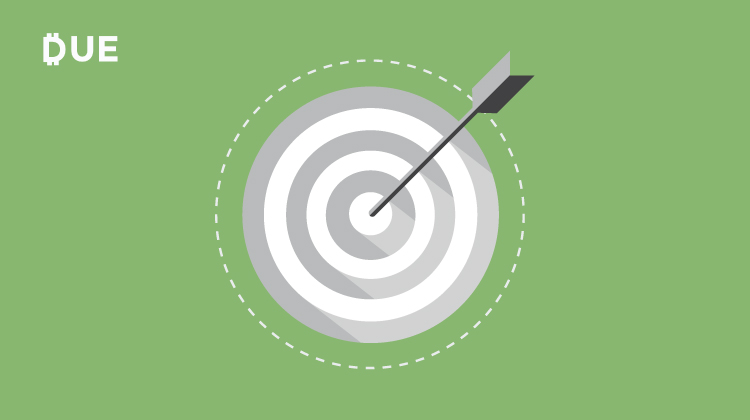Being a freelancer has a lot of benefits, including being their own boss, working the hours they want to work, and negotiating for the pay they want to make. However, there are risks involved in freelance work as well.
Unfortunate risk freelancers face is non-payment from their clients. They negotiate a rate, do the work, invoice the client, and then wait to receive their payment. And sometimes wait some more.
But as a freelancer, how do you ensure that you receive payment for the work you do? Can freelancers sue their clients for nonpayment?
Table of Contents
TogglePreventing Lawsuits
Get a Signed Contract
One of the first things freelancers should do to protect themselves is to get a signed contract from their clients. The contract should cover the rate or pricing, late fees when payment should be made and how, a kill fee, revisions, and deadlines.
Freelancers can also require either pre-payment or payment halfway through the project. That way they don’t do all of the work for no payment at all.
Be Willing to Negotiate
A freelancer may need to negotiate rates and other contract items with their clients in order for all parties to agree. Of course, that doesn’t mean they should give their work away. Neither should they budge from their bottom price.
Send Reminders
Invoices should spell everything out, of course, including payment terms, what the bill is for, payment options, interest fees, a number, and a header at the very least. But what should they do if payment is not received on time?
Send a reminder to the client a few days after the due date of the invoice. Freelancers could use multiple means, such as emails, texts, paper invoices by certified mail, and phone messages to ensure the client gets the message.
Freelancers could include a late fee with the reminder to let the client know the payment was expected and is now late; therefore, a penalty has been applied.
Stop Work
When the work is half done but the first payment installment has not been made the freelancer could stop the work. There is no reason to complete the project if the client is not going to hold up their end of the contract.
Keep all Documentation
Documentation is important if a freelancer expects to get paid for their work from a difficult client. They should keep copies of all work done, texts, emails, and phone calls in case they end up having to sue.
Knowing When to Sue
Is it Worth Pursuing?
Most freelancers probably don’t have an attorney on retainer due to the expense. However, they may have one they can call when they need legal advice or action of some kind.
However, freelancers must also determine if the money owed is large enough to be worth pursuing. Taking legal action takes up valuable time a freelancer could be using to work and make more money. In addition, it can be expensive because most attorney fees are not cheap.
Therefore, taking legal action against a client should be the last resort for the freelancer.
Have Your Lawyer Contact the Client
Sharing all documentation with their lawyer is important to ensure the situation is handled properly for the freelancer. Once that has been done, the lawyer can send a letter to the client on the freelancer’s behalf.
Sometimes this is all it takes to get a non-paying client to send the money the freelancer is due. Of course, that is not always the case. The next step may be to hire a collection agency to obtain the payment or take the client to small claims court.
No freelancer wants the hassle of suing a client. Unfortunately, there are times when it may be necessary.
[Related: What to do if Your Business is Sued]














